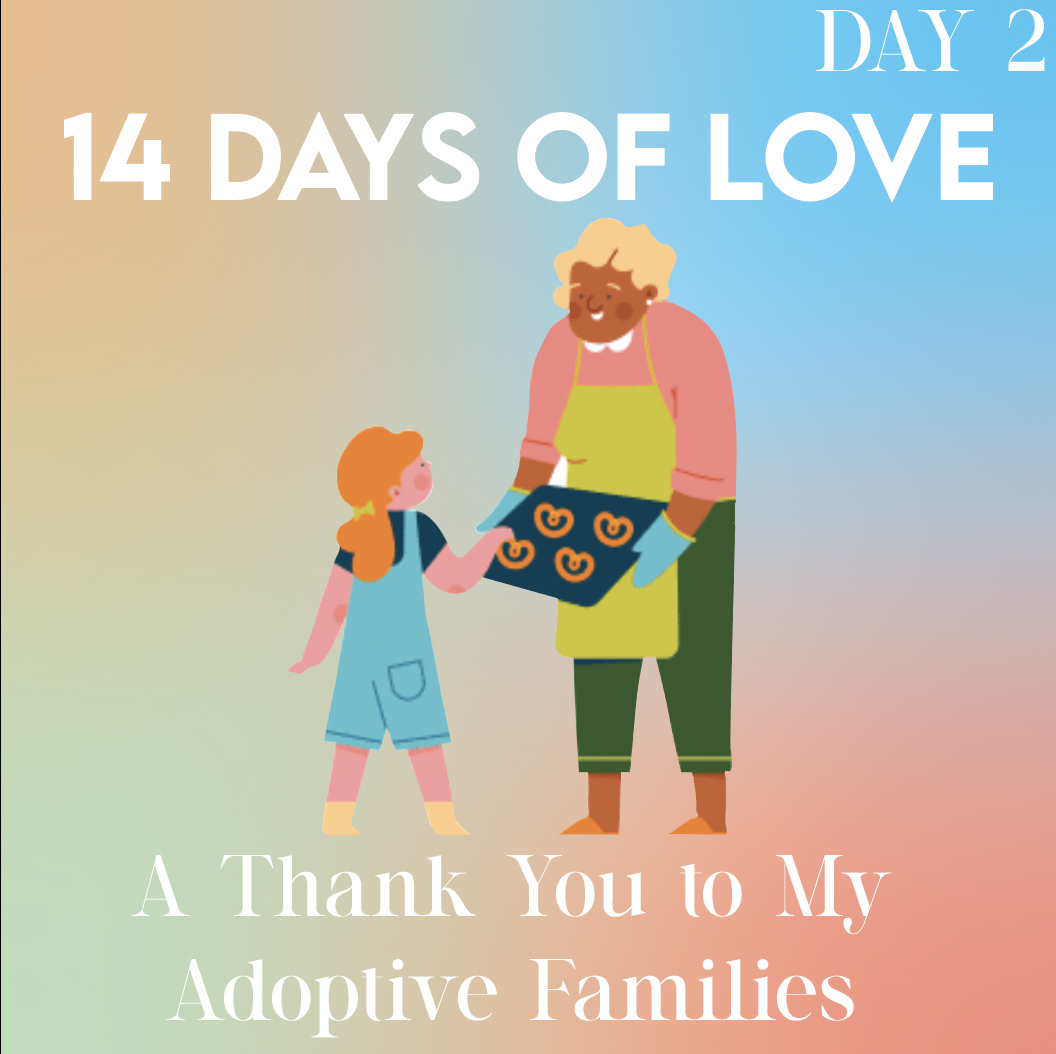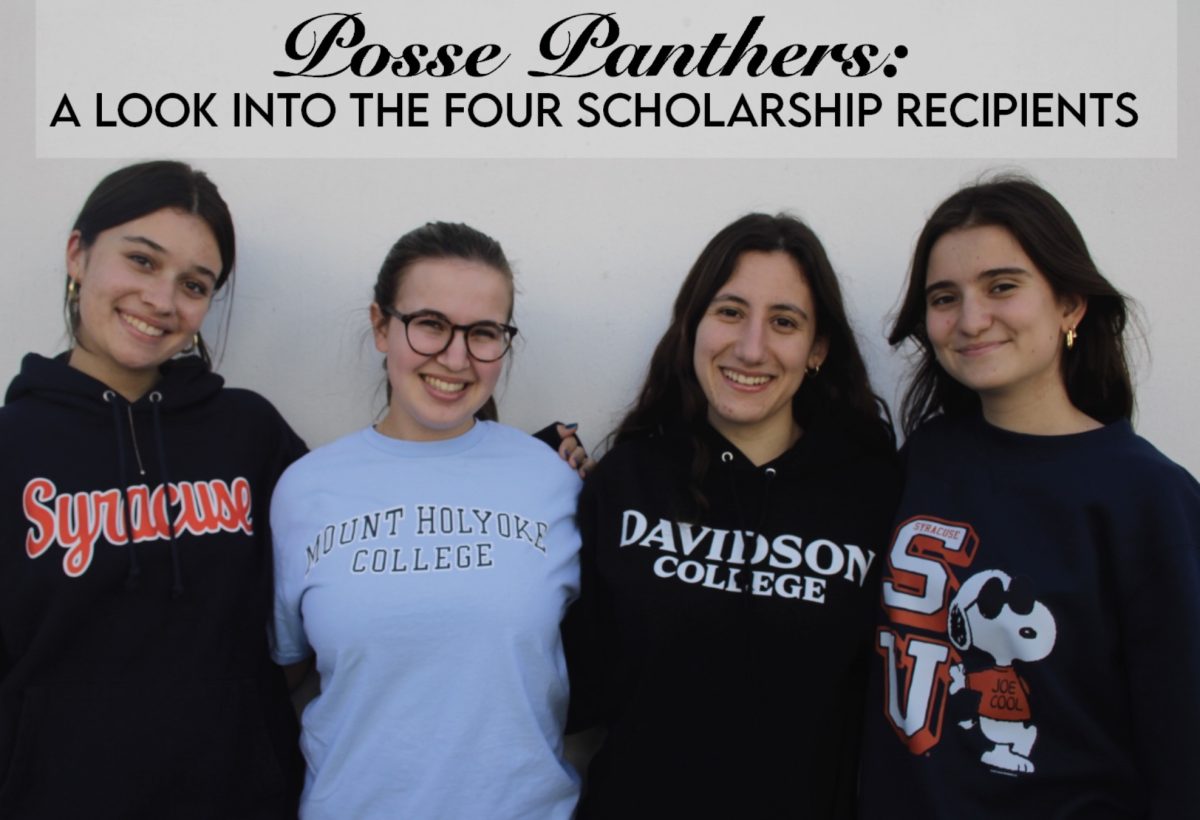As any avid viewer of Glee knows, high school is a place to find one’s niche, discover one’s voice, and use it to express one’s ideas and feelings. Sure, Palmetto is no McKinley High (which has lockers double the size of ours), but for me, the opportunities Palmetto presented allowed me to speak and gradually depart from the wallflower personality I had developed during my childhood.
In many classes, I was the typical back-of-the-room student. It was almost too easy to fade into the concrete walls during class, to do well without any effort, only by listening to lectures and by turning in assignments on time.
So shy I often had to give myself a pep talk before approaching someone new, I was just one in the mass of students. Of course I had friends, but they were the only ones I truly felt comfortable with. I sadly presumed that I would continue my ghost-like existence in high school.
Quiet as I was, it was not from lack of things to say. There were so many points I wanted to add to class discussions, or casual comments I wanted to make to classmates. They would bubble up almost to my throat, then come to a halting stop, like a sticky, great lump. My face began to burn with the bright pink of pre-teen embarrassment, and my palms broke into cold sweat. I muttered the watered-down version of my remark in a voice barely above a whisper, and took my seat as soon as possible. All but mute, I felt like Disney’s Ariel, although of course a half-woman, half-octopus had not put a curse on me. I was standing in my own way.
It is true that at Palmetto, it’s easy to get lost in the crowd- both literally, as one might physically be jostled into a wall by the bulk of people trying to squeeze into the 500s hallway, and figuratively, even though theoretically classes are capped at 25 students.
Still, I realized that with the wide variety of activities the school offers, I had the unique opportunity to join a small, tightlyknit organization in order to work on my conversation skills. I feel quite thankful for the revelation that hit me at the end of freshman year, inspiring me to join just one activity: the newspaper staff.
The world of journalism thrives on communication: between reporters and their sources, between editors and their writers, and between the newspaper as a whole and its audience. As a cub reporter, I severely botched this process. I giggled incessantly through interviews, was afraid to call my editor on the phone, and turned in a half-baked article that included only about two paragraphs of real substance.
But through everyday interactions with my fellow staff writers and through the increased publication of my articles, I grew to thoroughly enjoy this first voice I had found-the voice of the press. I became quite comfortable in the role of the social reporter.
My newfound skills in written communication transferred cleanly over to the academic world. With my reporters’ knack for evaluative observation I realized that my classmates were not the critical, jeering spectators I had imagined them to be. Most Palmetto students, in fact, are highly engaged and understanding. After all, they have to give oral presentations, too.
After that realization, I did not even have to envision any crowds in their underwear to make my knees stop trembling or to return my face to its normal pale hue. Speaking with confidence to such students, my phobia of public speaking all but vanished, and I began utilizing my very own, very eloquent voice.
Next year, as a freshman at the University of Virginia, I will have to relive the feeling of being a whisper within an ocean of overpowering voices. I am positive, however, that the identity I developed during high school through the resources Palmetto provided will give me all the power (or, should I say, volume) I will need to stand up and speak out.






